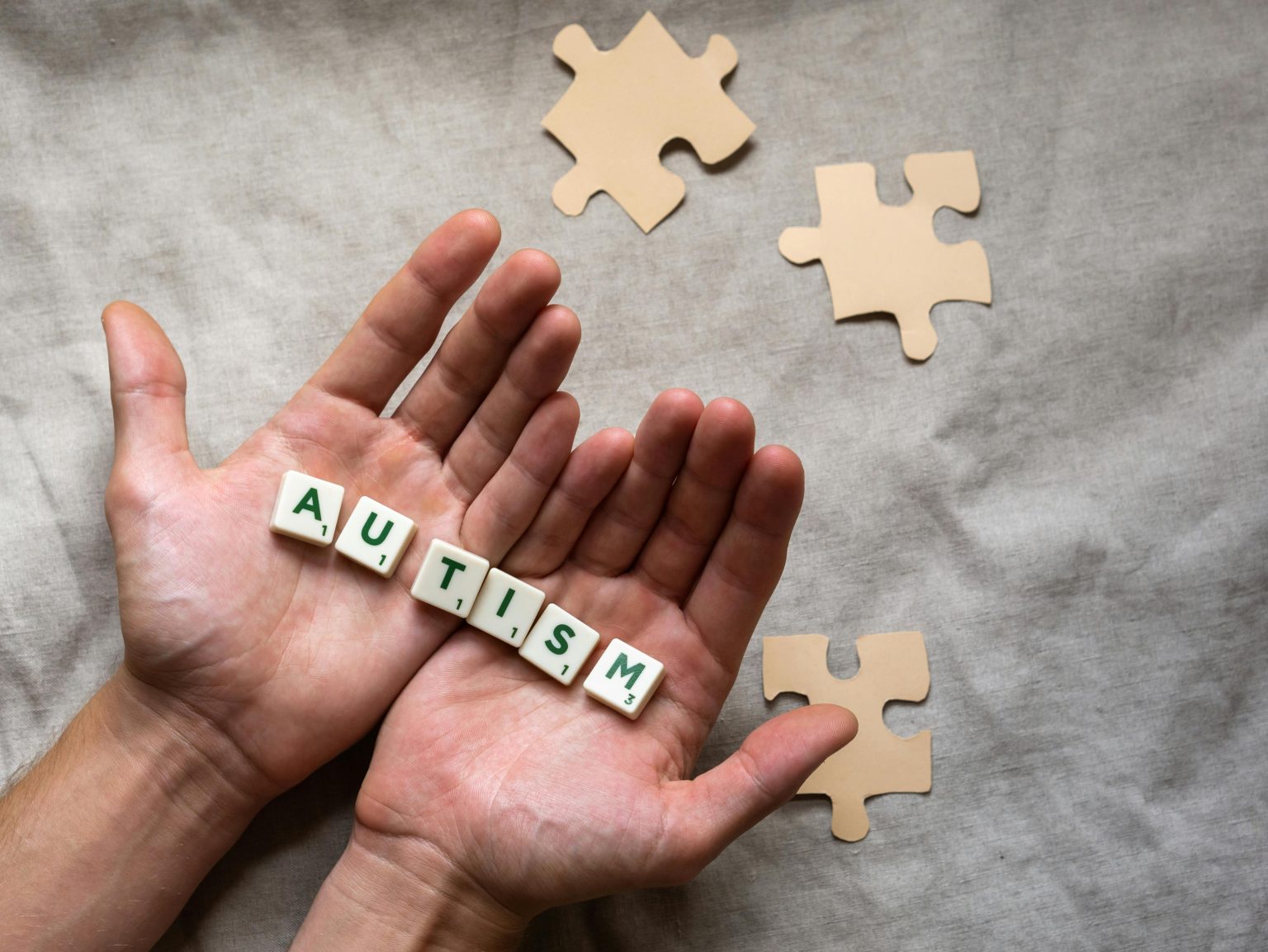For many parents, bedtime can be a cherished ritual, a quiet winding down after a busy day. For families with autistic children, however, nights can often be anything but peaceful. Sleep challenges are remarkably common in autistic individuals, far more so than in neurotypical children. What might appear as just “trouble sleeping” is, in reality, a complex issue that creates a significant ripple effect, impacting not only the child’s development and behavior but the entire family’s well-being.
Understanding the far-reaching consequences of poor sleep is crucial for recognizing the urgency of seeking effective interventions. It’s about acknowledging that addressing sleep difficulties is not just about getting more hours of rest; it’s fundamental to improving quality of life for everyone involved.
The Sleep-Behavior Connection: Daytime Challenges Intensified
One of the most immediate and noticeable impacts of poor sleep on autistic children is the intensification of daytime behavioral challenges. A child who hasn’t had restorative sleep is often more prone to irritability, meltdowns, aggression, and difficulty with emotional regulation. Self-stimulatory behaviors (stimming) might increase as the child tries to cope with fatigue and overwhelm.
Sleep deprivation can also exacerbate existing challenges with focus and attention, making it harder for autistic children to engage in learning, therapy, or social interactions. Their ability to process sensory information might be further compromised, leading to increased sensory sensitivities and more frequent dysregulation throughout the day. This creates a challenging cycle, where poor sleep fuels difficult behaviors, which in turn can make future sleep even harder to achieve.
Impact on Learning and Development: Hitting the Brakes on Progress
Sleep plays a critical role in brain development, memory consolidation, and learning for all children. For autistic children, who are often engaged in various therapies and educational programs, adequate sleep is even more vital for consolidating new skills and information. Poor sleep can directly impede their progress.
A child who is chronically tired will struggle more with cognitive tasks, retain less information from therapy sessions, and have difficulty generalizing learned skills to new environments. This can slow down developmental progress in areas like communication, social skills, and academic achievement. Essentially, sleep deprivation hits the brakes on their developmental momentum, making it harder for them to reach their full potential.
Physical Health Consequences: The Body Under Strain
The effects of poor sleep aren’t limited to behavior and cognition; they also take a significant toll on an autistic child’s physical health. Chronic sleep deprivation can weaken the immune system, making children more susceptible to illness and infection. It can also impact metabolism, potentially contributing to issues with weight management.
Furthermore, sleep disturbances can exacerbate gastrointestinal issues, which are common in autistic individuals. The body requires sleep for cellular repair, hormone regulation, and overall physical restoration. Without it, the body operates under constant strain, potentially leading to long-term health complications that are entirely separate from the autism itself.
The Ripple Effect on Family Well-being: A Shared Burden
Sleep difficulties in autistic children profoundly impact the entire family, often creating a cycle of exhaustion and stress for parents and caregivers. Parents might experience chronic sleep deprivation themselves, leading to fatigue, reduced patience, impaired judgment, and increased stress levels. This can affect their own physical and mental health, and even their ability to effectively support their child during the day.
The constant disruption of sleep can strain marital relationships and impact the well-being of siblings. Families might become socially isolated due to the unpredictable nature of their nights, making it difficult to maintain social engagements or find respite. This shared burden of sleep deprivation underscores the necessity of finding comprehensive sleep solutions for autistic kids.
Navigating Life’s Demands: Social and Emotional Challenges
Beyond the home, poor sleep can contribute to social and emotional challenges for autistic children. Fatigue can make it harder for them to manage social interactions, leading to increased anxiety or withdrawal. Difficulty with emotional regulation can result in more frequent meltdowns in public settings, impacting family outings and overall quality of life.
The stigma surrounding both autism and sleep issues can also make families feel isolated or judged. However, it’s crucial for families to remember that effective sleep solutions exist and that seeking help is a sign of strength, not a failing. With dedicated support, these challenges can be overcome.
Conclusion: Prioritizing Sleep for a Healthier Future
Sleep is not a luxury; it is a fundamental pillar of health and development for all children, especially those on the autism spectrum. The ripple effect of poor sleep on autistic children and their families is far-reaching, impacting behavior, learning, physical health, and overall well-being. Recognizing these profound consequences is the first step toward finding solutions. By prioritizing effective sleep solutions for autistic kids, families can transform restless nights into restorative rest, laying the foundation for improved developmental progress, better behavioral regulation, enhanced family well-being, and ultimately, a brighter, healthier future for everyone.


